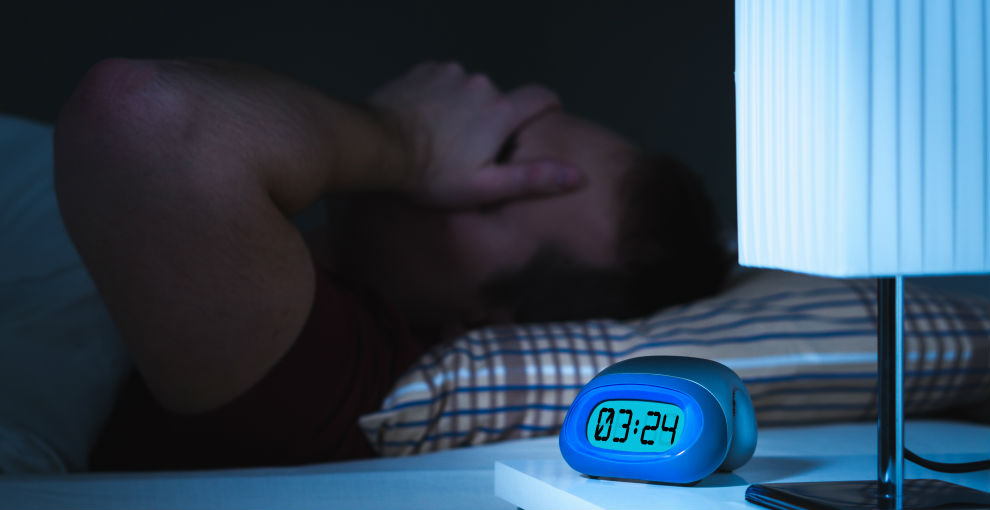
Post Traumatic Stress Disorder (PTSD) is a condition that around 8% of United States citizens will encounter at some point in their lives. And studies show that veterans have a higher percentage of PTSD than the general population.
For example, around 11-12% of veterans who participated in Operation Iraqi Freedom and Enduring Freedom, 12% of veterans who participated in the Gulf War and 15% of Vietnam Veterans suffer from some form of PTSD.
As one can imagine, PTSD can be associated with a variety of sleep disorders, including sleep apnea. This condition occurs when a person’s breathing repeatedly stops and starts during sleep. This can be a dangerous condition that can lead to other health problems. Common signs of sleep apnea include:
- Loud snoring
- Episodes of breathing cessation
- Abrupt awakenings accompanied by shortness of breath
- Awakening with dry mouth or sore throat
- Morning headache
- Insomnia
- Daytime sleepiness
- Attention problems
- Irritability
How does sleep apnea relate to PTSD?
The link to sleep apnea and PTSD has been made due to several common factors between the two. These include disturbed sleep in combat, excessive sleep deprivation, fragmented sleep, hyperarousal and chronic stress. Among them, chronic stress and sleep deprivation have been found to be the strongest links.
The research has also seen that the more severe the case of PTSD the veteran has, the higher the chances for the link to sleep apnea as well. This is an expected outcome, as veterans suffering from PTSD often have experienced the most stressful situations.
What Veterans with PTSD should do
If you are a veteran suffering from PTSD, it is important that you get screened for sleep apnea as well. Undiagnosed sleep apnea often means there is no treatment being given for apneic-specific sleeping issues, which could lead to further health problems for the veteran. These include:
- Stroke
- Heart failure
- Diabetes
- High blood pressure
- Depression
- Headaches
If you are a veteran who is unsure how to receive benefits and has a service-related condition or injury – or if you have already been denied benefits – please give the professionals at Tabak Law a call risk-free at 844-432-0114.
